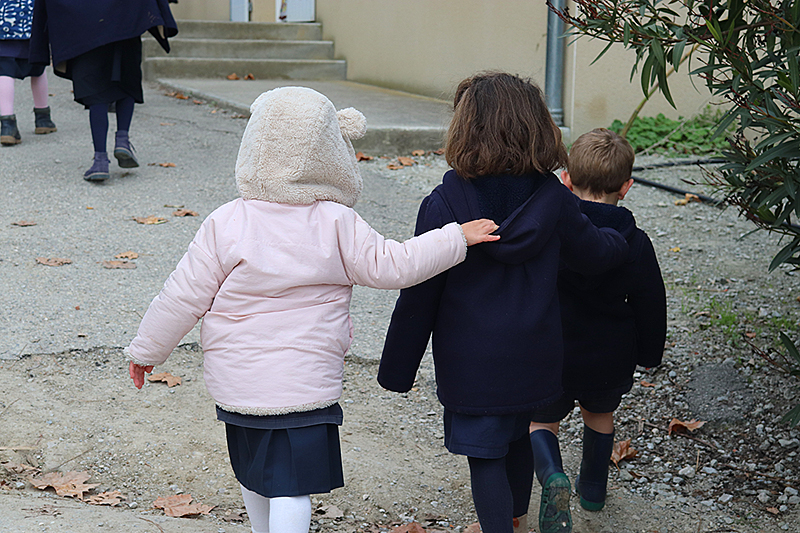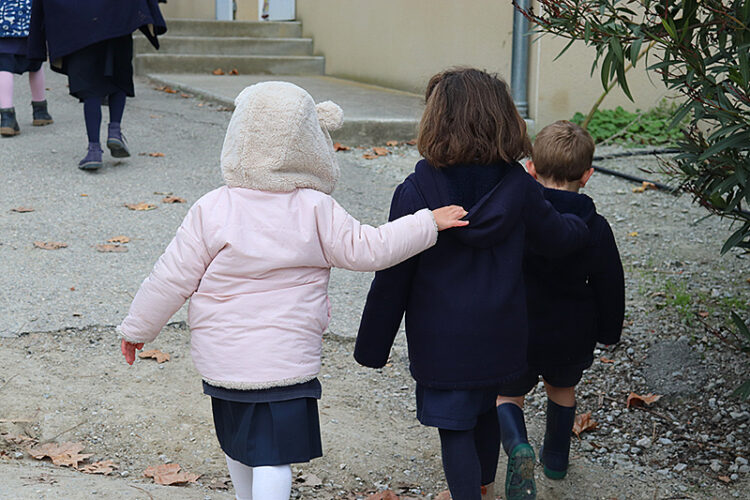(Ephesians 5:8)
Parents, leaders, and educators, we have a mission, a duty to lead children's souls toward the Light which will be their guide and their happiness. In order to illuminate the way that lies before each one of us, once a week we invite you to discover some of the words of certain wisemen and witnesses, measuring their worth by the words of St. Thomas Aquinas: “Do not consider the one who speaks, but whatever good you hear from him, confide it to your memory.” (from The Sixteen Ways to Acquire the Treasure of Knowledge by St. Thomas). Happy reading!

When God establishes his altar in a mother’s heart, the entire home becomes His temple.
Gertrud von Le Fort (1876-1971)
Writer
“Those who value Gertrude von le Fort’s two previously translated novels, The Pope from the Ghetto and The Veil of Veronica, will find in this new book more than a confirmation of their initial admiration for such a powerful and generous art: they will find the surprise of what could be called French perfection. I know of no author since Mérimée who has succeeded in fitting so much reality and drama into the restricted framework of the short story, the difference being that the drama in question, the reality we are presented with, is set on a plane that Mérimée could not have even imagined: that of the Christian sublime, of spiritual passion. In less than one hundred and fifty pages, everything is said, with a precision, authority and vigor of which only masters are capable – one would not err in calling it a masterpiece. Here, there is no concession to the pleasant or the picturesque; yet there is no dryness; there is psychological and mystical matter of such density, such resourcefulness, and such authenticity that the art itself disappears. You find yourself in front of it; you hold it in your hands, you test its strength: it doesn’t give way. Let us praise the translator, Mr. Blaise Briod, who gives us the work in its entirety, as if it had been effortlessly conceived and informed in our own language. To what extent does the story of Blanche de la Force, the fallen religious who bore witness to her Faith in the face of death, belong to fiction? The martyrdom of the Carmelites of Compiègne during the Terror is a fact: all that remained was to give their story being, the substance of reality. Not for a second, while reading these pages, does even the most prejudiced viewer of romanticized history question these pages’ exactitude, not only for material details, but also for their interior details. I don’t believe that the analysis of a psychologist has ever plunged deeper into the mystery, both human and divine, of the conscience of the servants of God, or into the mystery of their flesh. Mme Lidoine, Sister Marie de l’Incarnation, and poor Blanche de la Force, reveal their sweet and terrible secrets in action, with obsessive clarity. Add to this the ever-present Revolution, felt, thought, lived, weighing on us – and on them – with all its weight. At such a grave hour, when the same weight of terror crushes a neighboring people and friend in its spiritual elite, when the daughters of Saint Teresa of Avila live the same drama, bear the same witness every day, this book takes on, in its naked, implacable force, in its heavenly radiance, a cruel relevance. It comes at the right moment to enlighten and exalt strong souls, and to weak souls it brings supreme hope.”
Henri Ghéon (1875-1944)
Writer
In the same category « Education – Pedagogy », also read :

